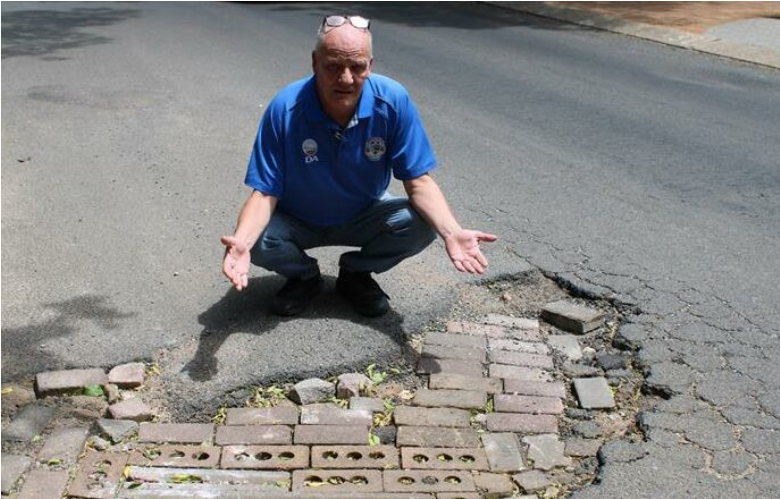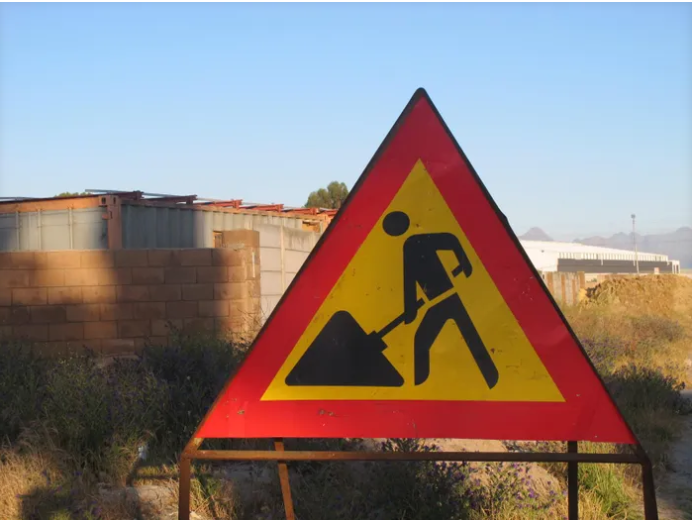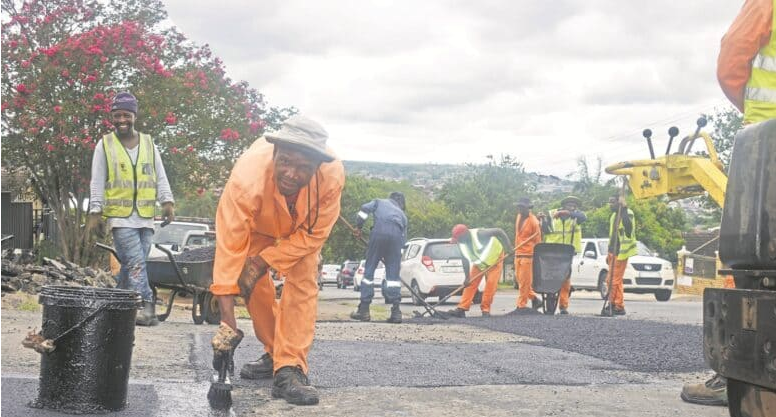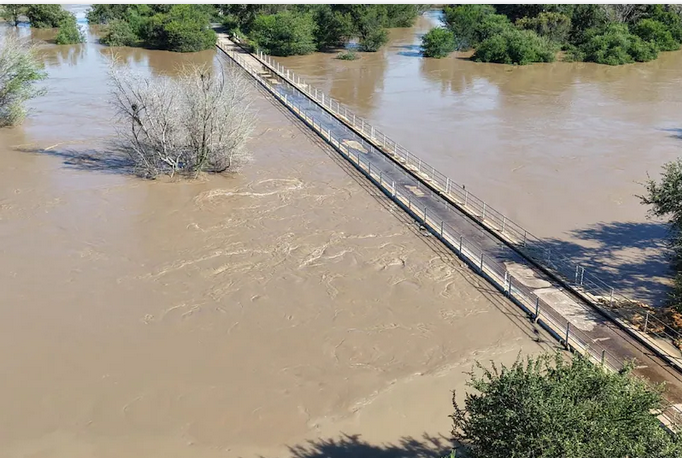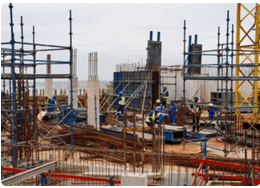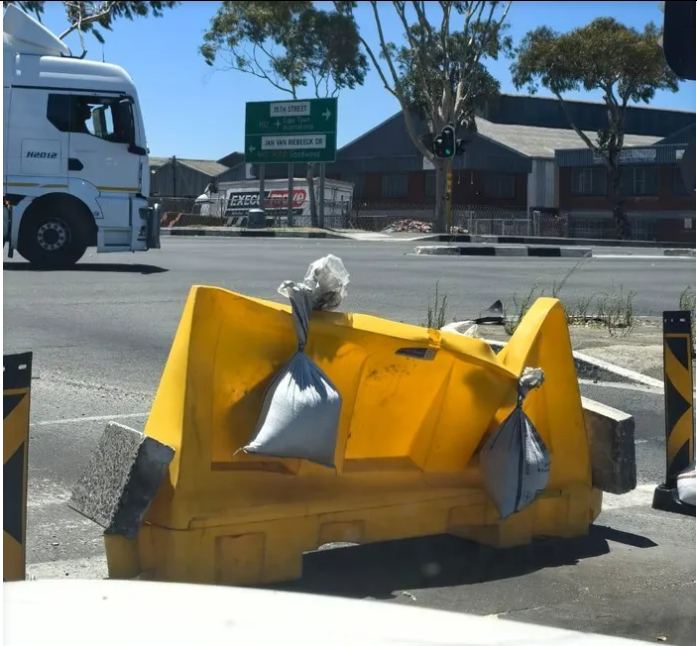Oudekraal owners give up 10-year development fight

Advertising
04-11-2009
Read : 128 times
IOL
the wiehahn family has thrown in the towel after almost 10 years of legal battles costing millions of rand for the right to develop land on the slopes of table mountain.
the decision follows a recent supreme court ruling upholding a high court decision to set aside development rights granted in 1957 to the then-owner of the land at oudekraal.
the family had planned to build more than 200 luxury housing units on a portion of the mountainside.
the family's attorney, milton koumbatis, said that "although the decision is, no doubt, popular with the muslim community and the environmental lobby, it should not be celebrated".
"the sacrifice of land rights on the altar of popular cause opens pandora's box and puts all land rights acquired before our new democracy in jeopardy," he added.
koumbatis said the ruling had opened the door for organs of state to gang up on any individual land owner and attack their land rights if it can be proved that in the "new south africa" they would not have been granted.
he said the decision raised constitutional law issues to be explored, but his client has "understandably reached the end of his confidence in the legal system in such matters".
koumbatis added that financial constraints would have forced most other landowners to give up the fight a lot sooner.
he said the recent judgment meant the land could no longer be subdivided without new approval.
the department of rural development and land reform's surveyor-general in cape town, john obree, in a letter to fairbridges attorneys, said that the general plan representing the oudekraal township had duly been cancelled by order of the court.
in 2007, the high court in cape town declared the 50-year-old oudekraal development rights unlawful because they had been granted "in criminal disregard" for the existence of muslim graves and kramats - shrines - on the land.
the wiehahn family appealed against the high court decision, saying the land had been bought in good faith with the rights in place and there had been an unreasonable delay by the three government authorities - the city of cape town, the sa heritage resources agency and sa national parks - in bringing the court action to have the development rights set aside.
the appeal court ruled that although there had been an unprecedented delay, it should be condoned as the ecology of the area was unequalled and the entire area regarded as sacred by a formerly marginalised section of south african society.
the muslim judicial council (mjc), writing on its website, welcomed the supreme court ruling.
the mjc said an inspection and land survey of portion 7 of oudekraal estate, conducted in august 2004, had revealed there were 53 graves and three kramats on the land. "however there is a good possibility that more kramats exist - and would be at risk - if any development took place," the website said.
Recent News
Here are recent news articles from the Building and Construction Industry.
Have you signed up for your free copy yet?

